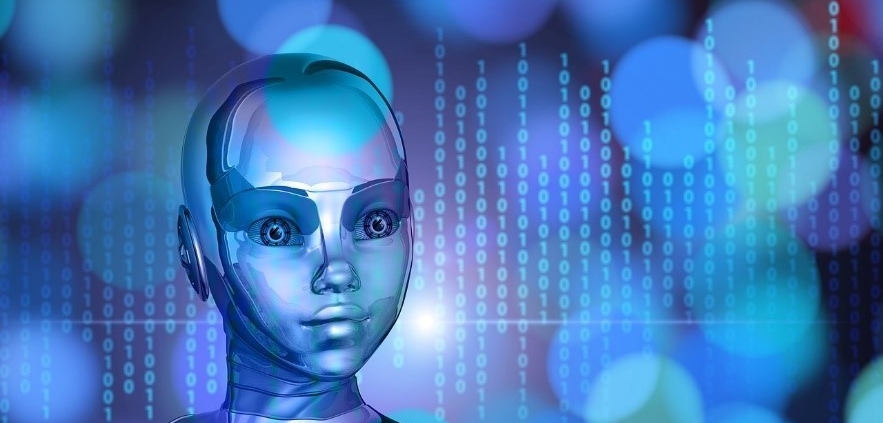AI and Medicine: Robotics and Emotional Intelligence
You may have heard about the legendary Watson (and not the one from Sherlock Holmes); IBM’s robot that diagnosed a rare case of Leukaemia in Japan, a case that had stumped Japanese doctors for months.
Watson graduated from Stanford Medical School in 2013. He had been programmed with millions of research papers and cases. In a matter of minutes, he was able to sift through this data and diagnose the rare case, providing a treatment plan, too.
It seems futuristic to think a robot can diagnose and treat a serious illness but the advent of artificial intelligence (AI) is helping make medicine easier.
As doctors, we see medicine as a vocation; almost a calling, to help people in need. Our desire is to treat a patient, bringing humanity into the equation. Can a robot actually do this?
A robot can replicate anything a human can do, apart from the human element. This is the ability to read, perceive and respond to humans in an emotionally empathic manner. Bedside manners are imperative to being a good doctor and having these soft skills are of paramount importance.
Robots like Watson may be able to diagnose and offer a treatment plan to patients, but they do not have the bedside manner necessary to bring the ‘human’ element into the equation. It does take a human to understand an individual’s life history, financial situation, support system and psychological makeup. This is the emotional side of medicine and something only a human doctor could be capable of.
It is empathy that is the differentiating factor between robots and humans. This is one way that doctors can outsmart robots.
Emotional Intelligence and AI
While the AI community is looking to foster emotional intelligence in their robots, only time will tell how effective this will be. There are simply some things that cannot be replicated. Specialisms such as psychiatry, which focus largely on the emotional side of being human, would find it more difficult to implement AI technology. Could a robot really pick up on the emotional nuances of a human?
Those that want to do well in medicine will do well to focus on developing their soft skills. This emotional intelligence (EQ) will set these doctors apart. At the end of the day, a robot may diagnose and offer a treatment solution to a human, but it is a human doctor that will deliver the news.


 Acknowledgement Of Country
Acknowledgement Of Country
